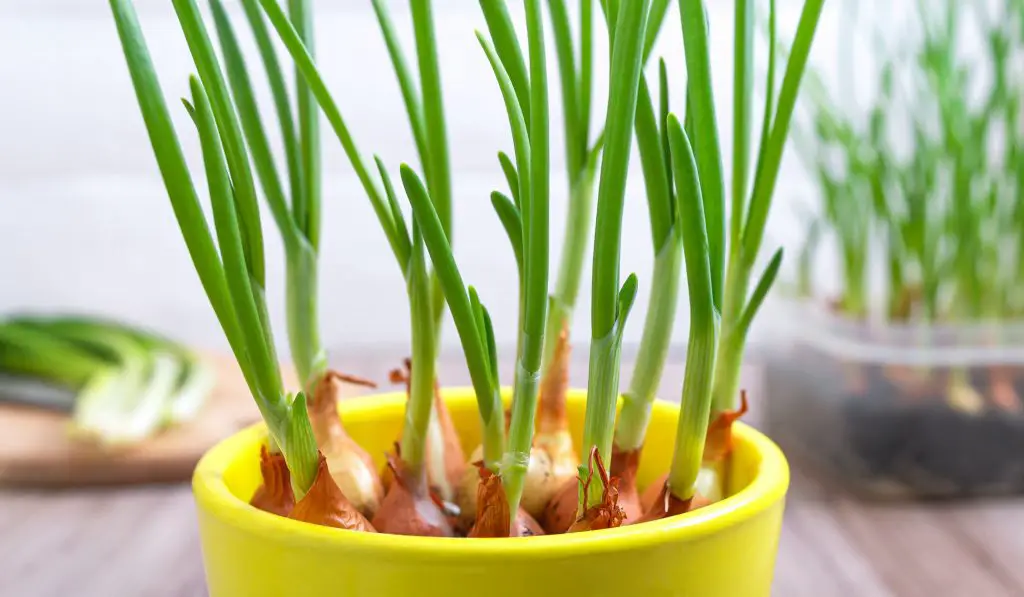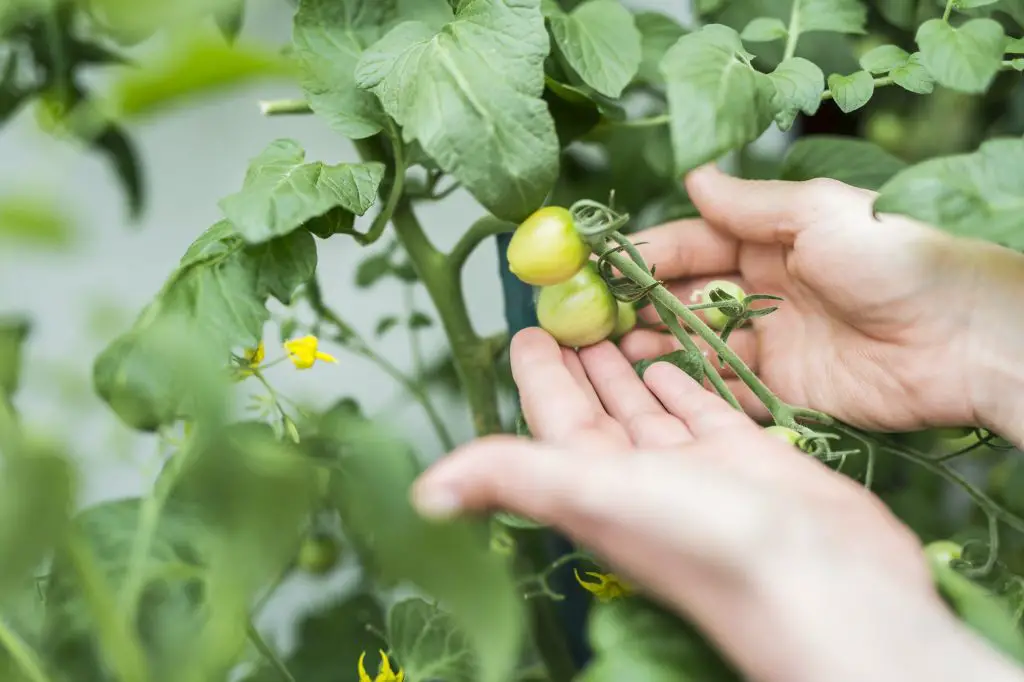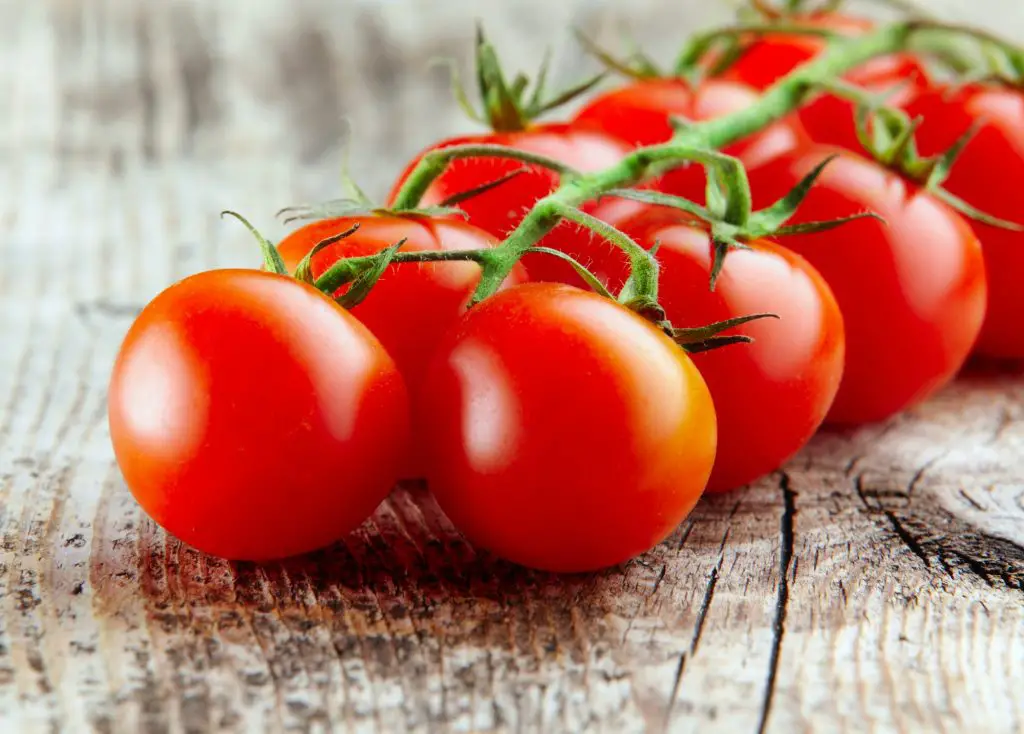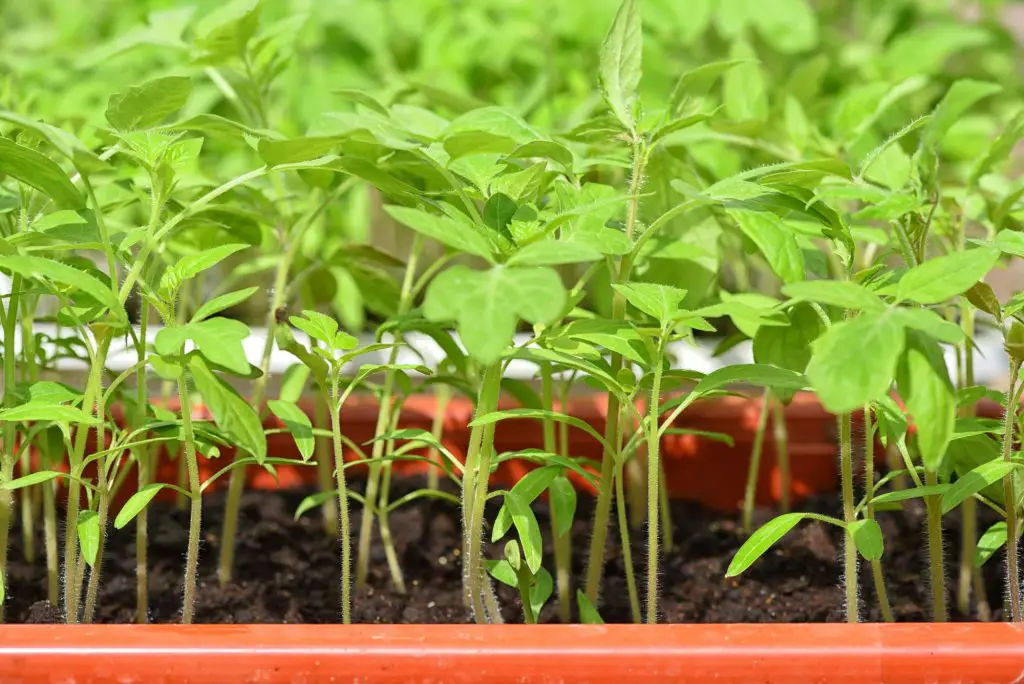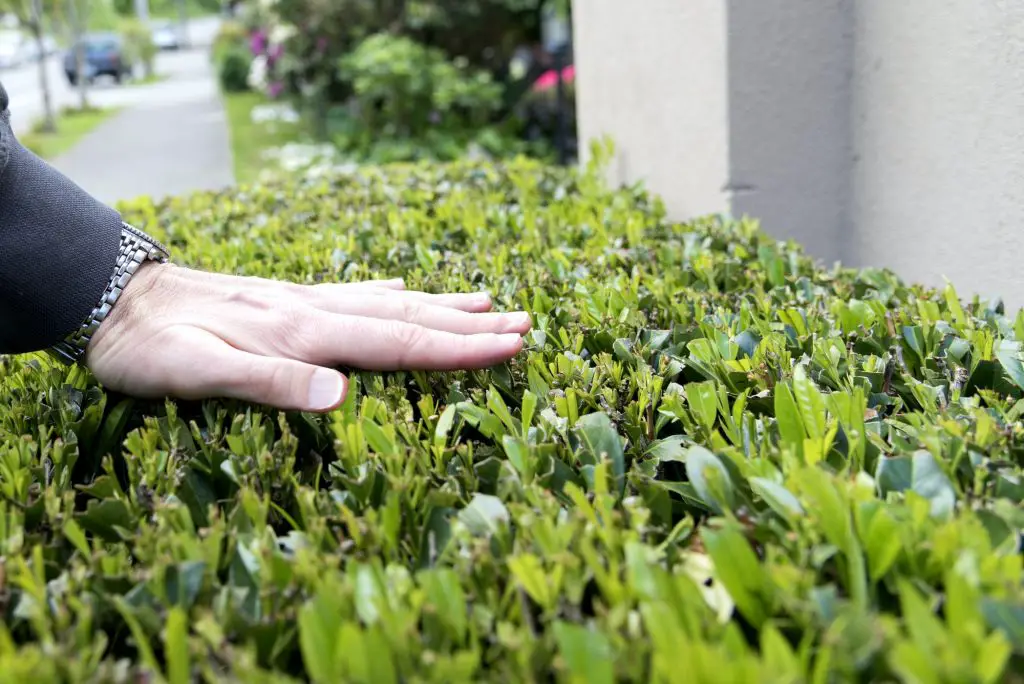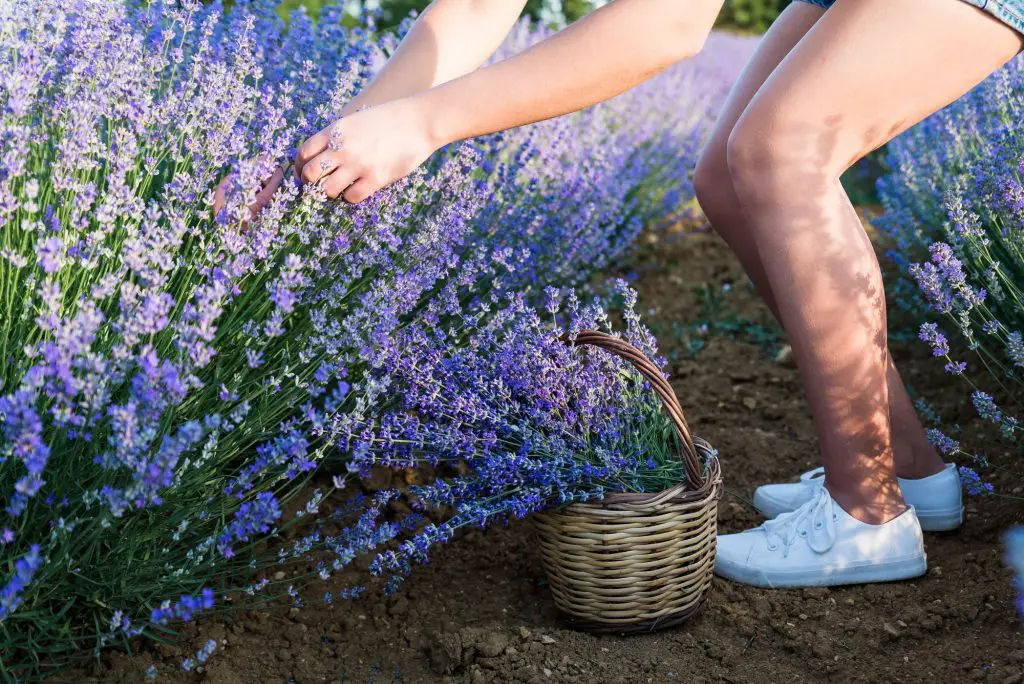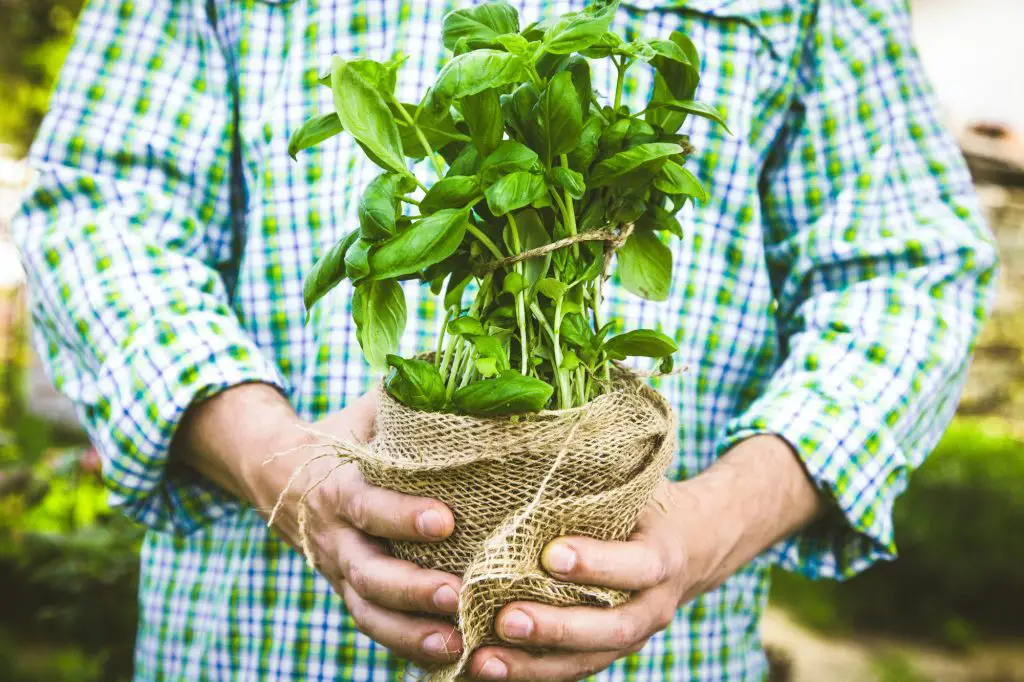What is a good companion plant for onions? Experts often recommend traditional companions for onions and just like every other crop, companion planting is essential for a healthy plant. Onions make great planting companions and this is due to their ability to improve the flavor of crops planted in close proximity.
Onions are also important in crop rotation as they can help repel many of the pests that feed on vegetables.
Onions are not just great and healthy when eaten but can be planted among your vegetables to help deter pests such as aphids, rabbits, and Japanese beetles.
It is important to know which crops make good companion plants with your onions as the wrong companion planting can result in a sour or bitter oniony taste. So, this article contains everything you need to know about onion companion plants.
Table of Contents
12 Best Plants to Grow With Onions
There are different varieties of onions and when choosing the one to plant, you need to think about what will grow well alongside them. You need to think about what plant will be beneficial to it and not suppress its growth. The strong scent of onions and other alliums makes them a great companion plant for many onions as they can help repel a large number of pests.
1. Cabbage
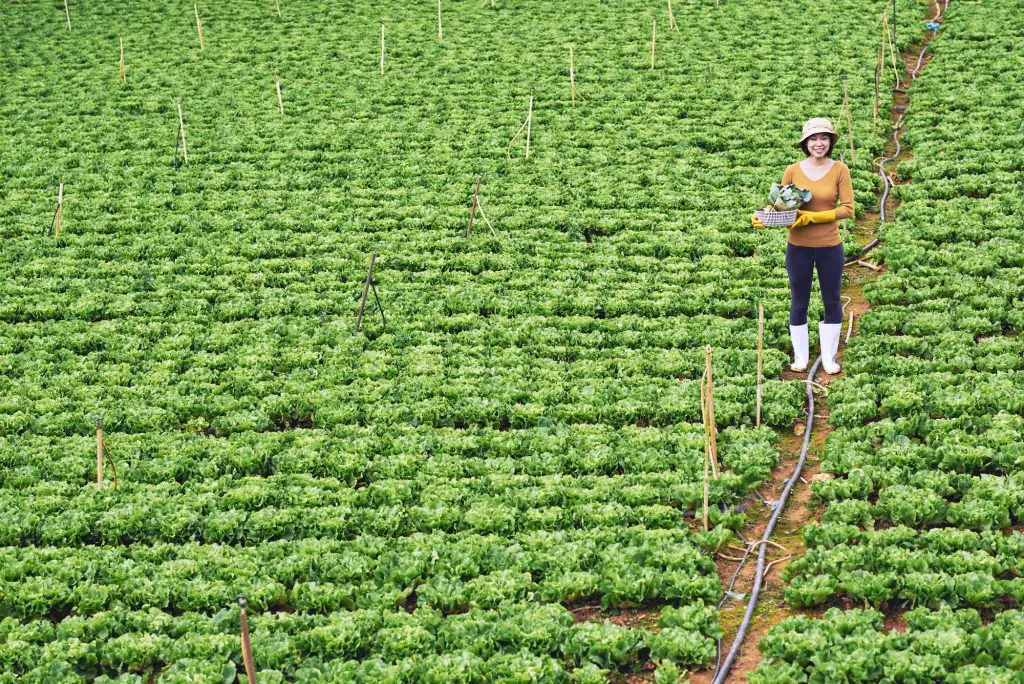
Brassicas, members of the cabbage family are the number one plants to have near your onions. Generally, all brassicas work with onions. Onions are great at repelling insect pests like cabbage loopers, cabbage worms, and cabbage maggots. It can also help confuse or distract a range of common pests.
The best brassica plants that fare well with onions include Broccoli, kale, kohlrabi, Brussel sprouts, turnips, and cauliflower. Onions keep away most of the pests that plague cabbage.
2. Carrots
Onion is a great companion plant to carrots because it will help repel the dreaded carrot fly. It can really help to have your carrots surrounded with onion as you can easily keep the carrot pests from destroying your carrot harvest. Onions also work extremely well with interplanted carrots.
3. Beets
One of the few companion plants for beets is onions. It happens to benefit when an onion is planted near it and it can be a natural deterrent for garden pests. Onions and beets make a great pair together and onions protect from insect pests like aphids and sugar beet-flea beetles.
4. Lettuce
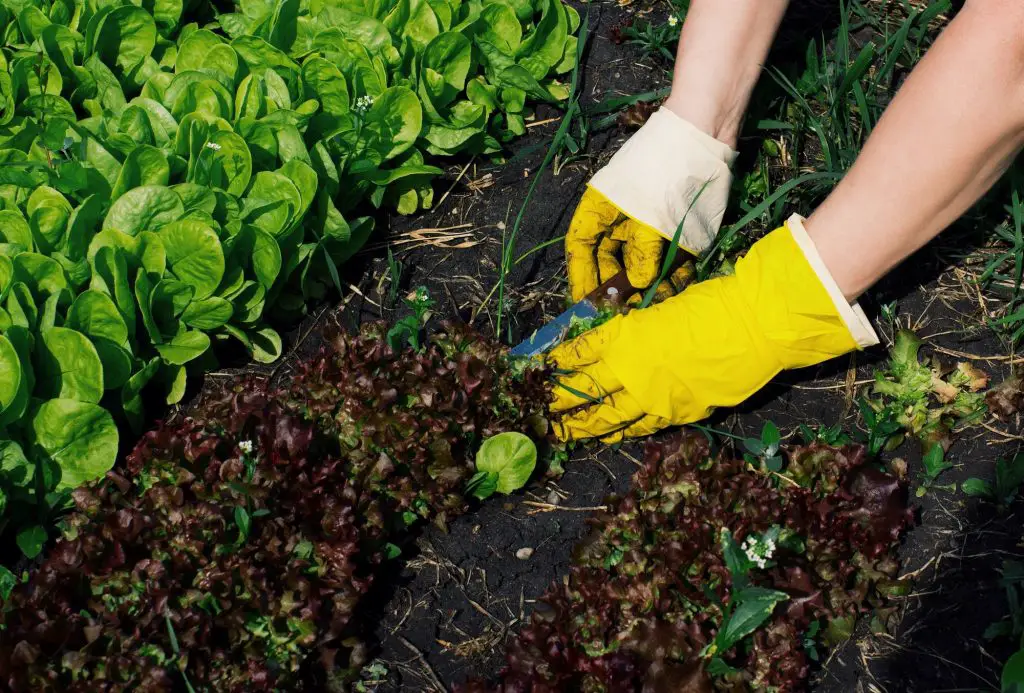
Lettuce definitely works well with onions. Onion has a shorter root depth than lettuce so the two can be planted next to each other and lettuce will be easy to pull when the roots need more space. Both are companion plants that do not compete with each other for resources thereby allowing you to maximize the planting space in your garden.
5. Strawberries
Most people worry strong-smelling onions will confer their flavor to strawberries grown nearby. But onions and strawberries are surprisingly great companion plants. Strawberries are vulnerable to pests such as aphids but planting onions nearby can help improve the health of your crops.
6. Marigolds
You can enhance the growth of your onions with these pungent flowers. Marigolds are useful for attracting beneficial insects that can pollinate and they also feed on the various pests that may be harmful to your garden.
7. Swiss Chard
Swill chard is one of the best companion plants for onions. The leaves of the swiss chard can help keep the ground moist and it can also provide a healthy rip environment for the shoot rooted onion to grow.
8. Mint
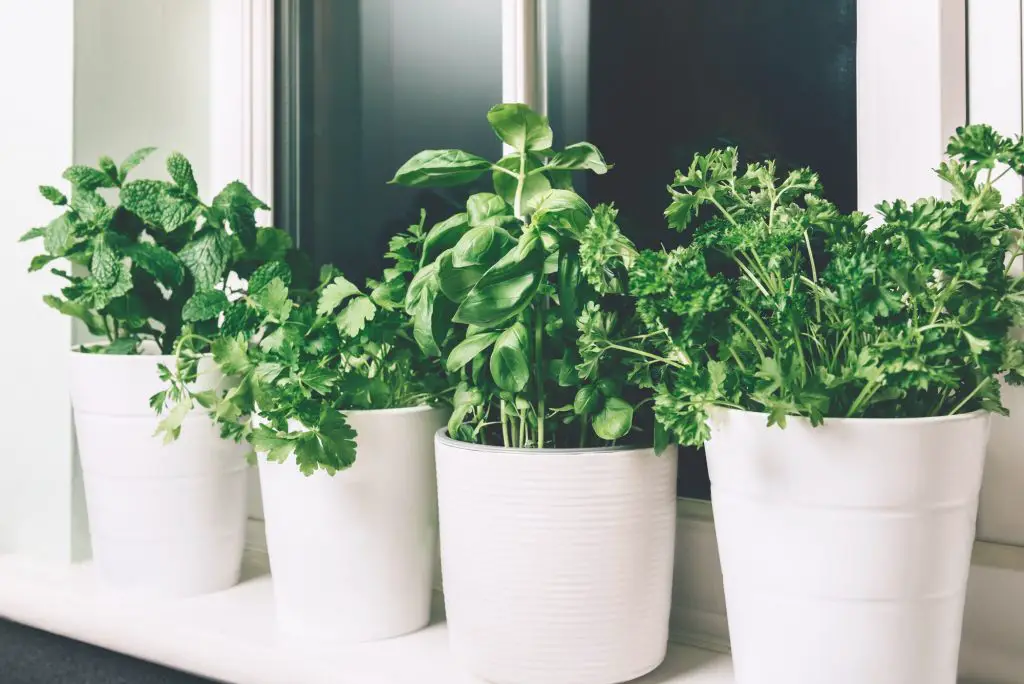
Planting mint next to onions can help deter flies so this can be a beneficial companion planting. The pungent smell of mints can baffle the insects however you need to be aware that mints are prolific growers and will take over the bed if you let them.
9. Rose
To keep your roses safe from pests that plague them, you should have them planted with onions. Roses are ornamental plants that are often affected by aphids and other sap-sucking insects and onions can help repel the insects.
10. Chamomile
Chamomile is an excellent companion plant especially beneficial to plants like broccoli, kale, and onions. Chamomile antibacterial and antifungal properties help improve the flavor of onion when planted in close proximity.
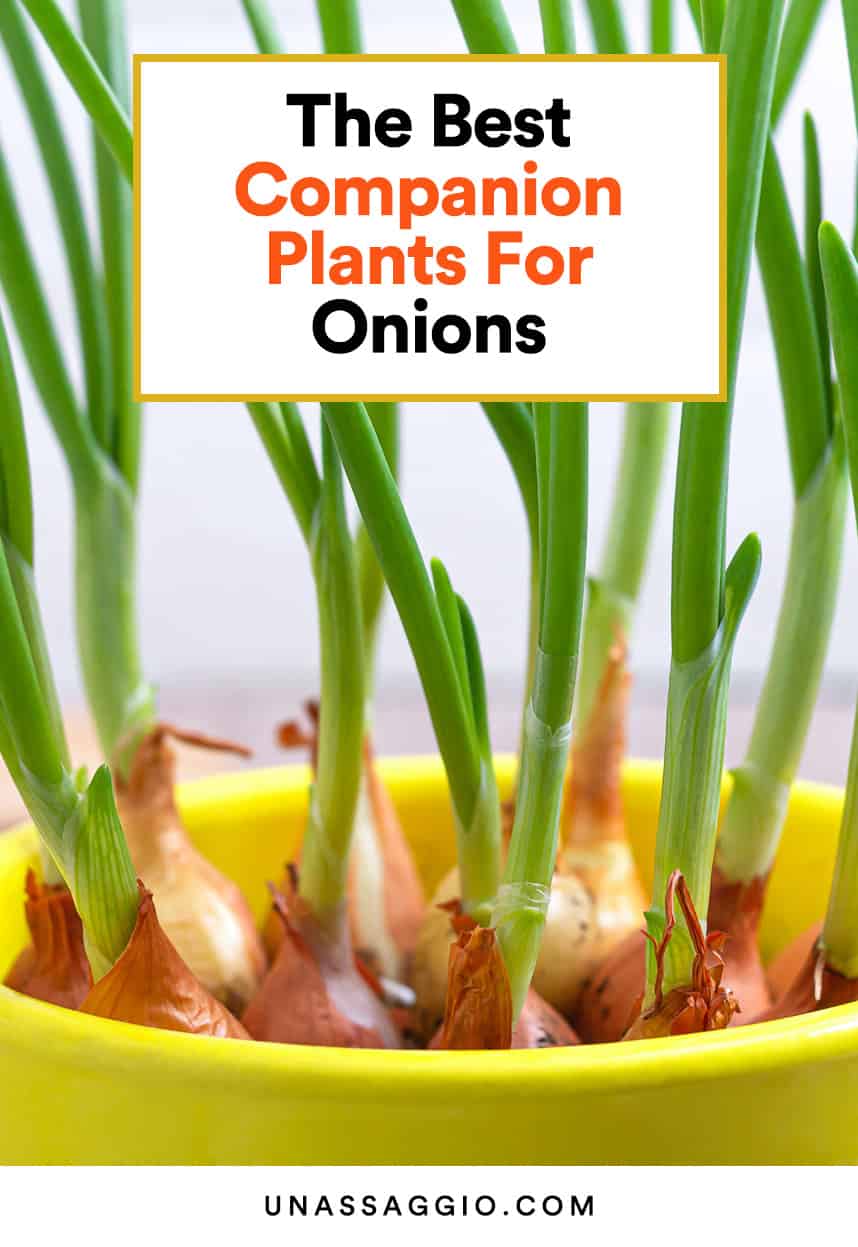
11. Tomatoes
Tomatoes are a common idea for planting in the garden. The onion’s pungent smell is a great repellent that helps protect your tomatoes from pests. Some of the very best companion plants for tomatoes include all the onion family members such as garlic, chives, and onions themselves.
12. Summer Savory
Planting summer savory near onions is said to make onions sweeter and it can also encourage their growth. Honeybees are attracted to savory flowers.
What Not To Plant Near Onions
Onions have the ability to improve the flavor of their companion plants which makes them companion plants to many crops. But, there are certain plants that you should avoid planting near onions.
1. Beans
You should keep your onions far away from all varieties of beans as it can be detrimental to onions. Leguminous plants can stunt the growth of onions and to achieve the best results for both crops then you need to keep them away.
2. Peas
Another plant that should be kept far away from onion is peas. Onions frequently suffer from onion maggots which can be transferred easily to a pea when they are spaced together.
3. Asparagus
You need to keep alliums like leeks, garlic, and onions far away from asparagus. Onions will only stunt the growth of asparagus and it will also affect the flavor of the asparagus crop. Just plant together any allium plant a good distance away from your asparagus beds.
4. Sage
Onions should not be planted near sage. The best place for sage is usually the vegetable garden but while it may work with onions in stuffing and other recipes, it may stunt the growth of sage.
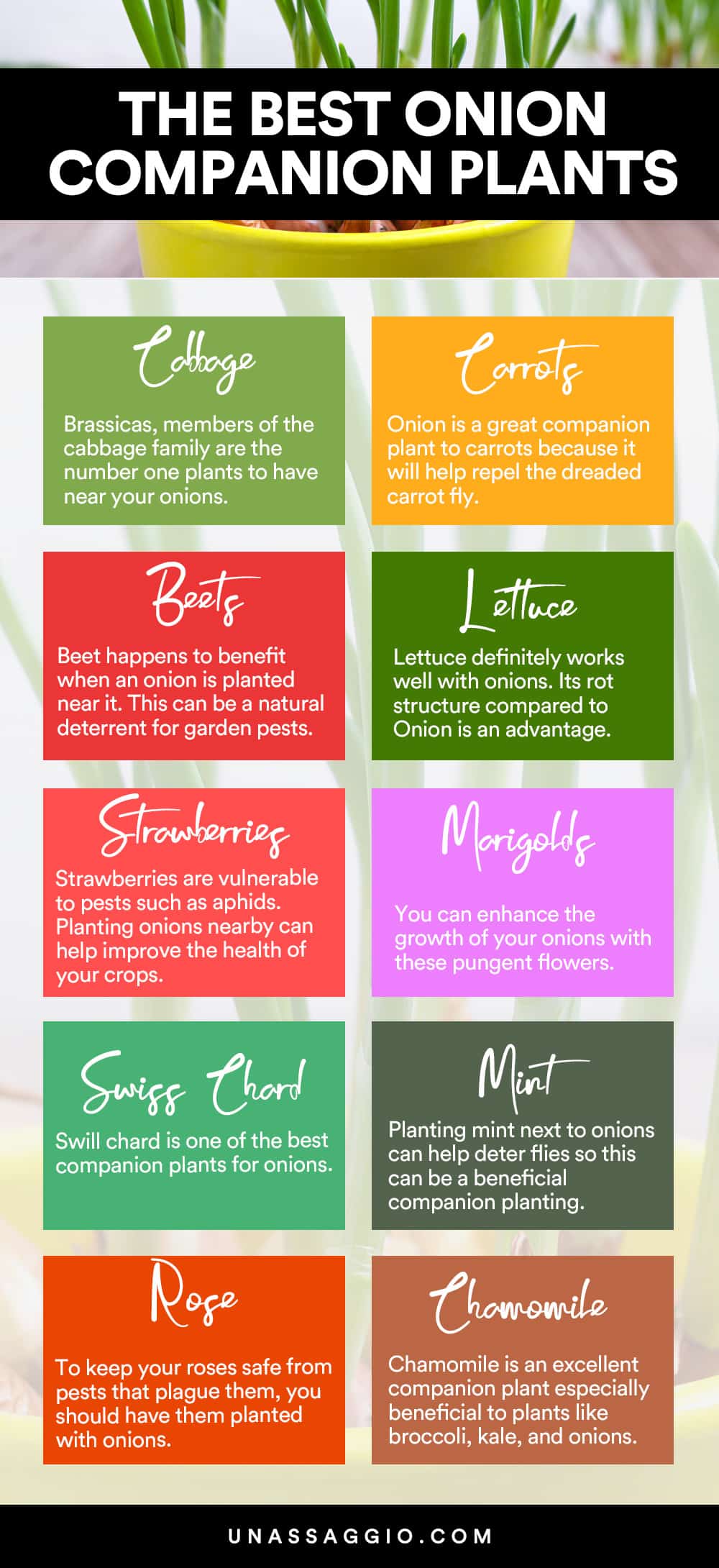
FAQ
Can onions stay in the ground over winter?
Yes, onions are super hardly plants that can survive incredibly cold temperatures hence they stay in the ground in winter. They provide quality bulbs even after they bolt-on spring.
Do onions transplant well?
Onions do transplant well as long as they are planted right away. Onions are cultivated easily from seeds, set, or transplants. They need loose soil so they can be relatively easy to move.
Can I grow onions in a bucket?
Yes, onions can be grown in buckets but make sure there is a hole at the bottom of the bucket to provide drainage.
How long do onions take to grow?
Onions can take about 3 to 4 months to grow from planting to harvest. If you want spring onions then you will have to harvest them in 3 to 4 weeks.
How far apart to plant onions and potatoes?
Onions do well when planted near potatoes but for space, they should be planted no more than 1 deep, 4 – 5 apart and in rows 12” – 18” apart.
Do onions need full sun?
There are three main types of onions, short day, intermediate day, and long day. But they all need full sun. So, it is best to select a location where they are not shaded by other onions.
Do onions like manure?
Onions do like fertile soil but do not really need nitrogen. They shouldn’t be grown on freshly manured soil but instead, dig over and have manure the ground months before planting.
Can you plant onions in summer?
Onions can be planted in late summer or early autumn in southern and warmer regions. Onions also thrive in the lower half of the country in most areas during summer.
Can I plant onions and garlic in the same bed?
Onions and garlic can be planted together in the same row as they have no impact on each other but ensure to keep plants like asparagus, peas, beans, and sage far away from them.
Do onions need a lot of water to grow?
Yes! Onions do need lots of water but the soil should never be soggy. However, if mulch is used then onions do not need supplemental watering. If you want sweeter onions, water more.
Final Thoughts
Onions are good companion plants to many vegetables, but a companion plant guide is essential if you want a bigger, healthier, and tastier crop.
Having a companion plant guide enables you to choose the right plant to grow near each other and the crops to keep far away from each other. While it may sound complicated, onion companion planting is actually easy and with this article and careful planning, you can have a healthy onion harvest.

